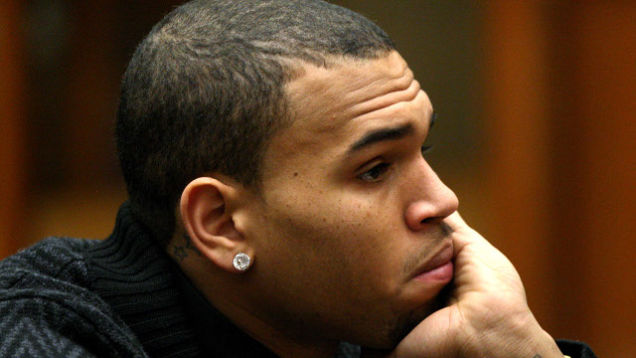
Feelings of sadness from time to time are normal for everyone. But, if you’re concerned your child is showing signs or symptoms of depression, you’re not alone. The CDC estimates nearly 1 in 5 children has a behavioral health disorder, such as anxiety or depression. Unfortunately, only about 20% of these children are properly diagnosed and receive professional treatment.
Clinical depression is treatable, so early intervention and diagnosis are critical. Read on for tips on spotting signs of depression in kids and teens and knowing when to seek help for depression.
Signs and symptoms of depression in kids and teens

“Symptoms of depression are sometimes similar to the usual responses to change or loss. They can be written off as normal behavior, but when these behaviors occur regularly—as in, most of the time or most days of the week—it’s time to look deeper,” says Jody Baumstein, LCSW, a licensed therapist with Children’s Healthcare of Atlanta Strong4Life.
Common signs of depression in kids and teens include persistent:
- Feelings of sadness, hopelessness or worthlessness
- Irritability
- Low self-esteem
- Low energy or fatigue
- Poor concentration
- Changes in weight or appetite
- Difficulty falling asleep or sleeping too much
- Physical symptoms that do not get better with treatment (headaches, stomachaches, etc.)
- Thoughts of suicide*
“Signs can vary from case to case. Some kids may be irritable and withdraw, while others might act out aggressively,” says Baumstein. “Some kids may complain about physical aches and pains with no known medical cause. Pay attention to sudden changes in mood and behavior. If you are unsure or concerned if your child is experiencing depression, consult with a professional.”
* Any thoughts of suicide (not just persistent thoughts) should be taken seriously. If you or a loved one are experiencing thoughts of suicide, call 1-800-715-4225. You can also chat or text for support by downloading the MyGCAL app in the app store or on Google Play.
Coping skills for sad feelings and periods of depression

“The basic coping strategies to help a child through sadness are the Strong4Life healthy habits,” says Erin Harlow-Parker, APRN, a psychiatric nurse with Children’s Healthcare of Atlanta Strong4Life. “Physical activity, nutritious food and drinks, rest, and talking about your feelings are essential to working through both everyday challenges and episodes of depression.”
Here are some simple ways to practice the healthy habits at home:
- Go for a walk, run or hike.
- Eat a balanced diet and drink water throughout the day.
- Create a bedtime routine.
- Journal or write a letter.
In addition to implementing healthy habits, one of the best ways to help a child cope with stressors is to model healthy behavior yourself. For example, when you are stressed, try saying something like, “I’m feeling stressed after a hard day at work. I’m going to walk the dog to help me calm down. Would you like to join me?”
It’s never too early to seek help

If you have so much as a gut feeling that your child is showing signs of depression, it may be time to consider therapy. Nothing extreme has to happen to signal it’s time to seek help for depression—a traumatic event is not a requirement for diagnosis or treatment.
“One of the best things you can do if you suspect your child is struggling is to know the different signs of depression. Paired with open listening, knowing the symptoms will help you determine if, or when, it’s time to seek help,” says licensed therapist Kathleen Hill, LPC. “You know your child best—trust your instincts and find confidence in knowing what signs to look for.”
Why it’s important to seek help from a mental health professional

Our emotional wellness is just as important as our physical health, but our emotional wellness doesn’t always get the attention it deserves. The National Institute of Mental Health estimates it can take between 8 and 10 years of symptoms before a child is diagnosed or treated for mental health concerns. That means children may be suffering for nearly a decade before getting the help they need!
Depression is treatable—and can even be curable—but it’s not going to get better if you don’t take action.
When you are ready to seek help, know it may be challenging at times. Try to be patient with the process. “Think of it this way—if your child broke their arm, you’d take them to the doctor and probably follow up with physical therapy. The physical therapist would teach you and your child strategies for treating the injury at home to make a full recovery. This is what working with a mental health professional does for the mind,” says Hill.

You can check out the latest casting calls and Entertainment News by clicking: Click Here
Click the logo below to go to the Home Page of the Website
Click the logo below to follow ETInside on Twitter
Click the logo below to follow ETInside on Facebook
Click the logo below to follow ETInside on Instagram
Click the logo below to follow ETInside on Pinterest
Click the logo below to follow ETInside on Medium


















